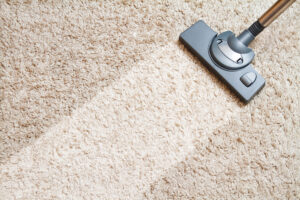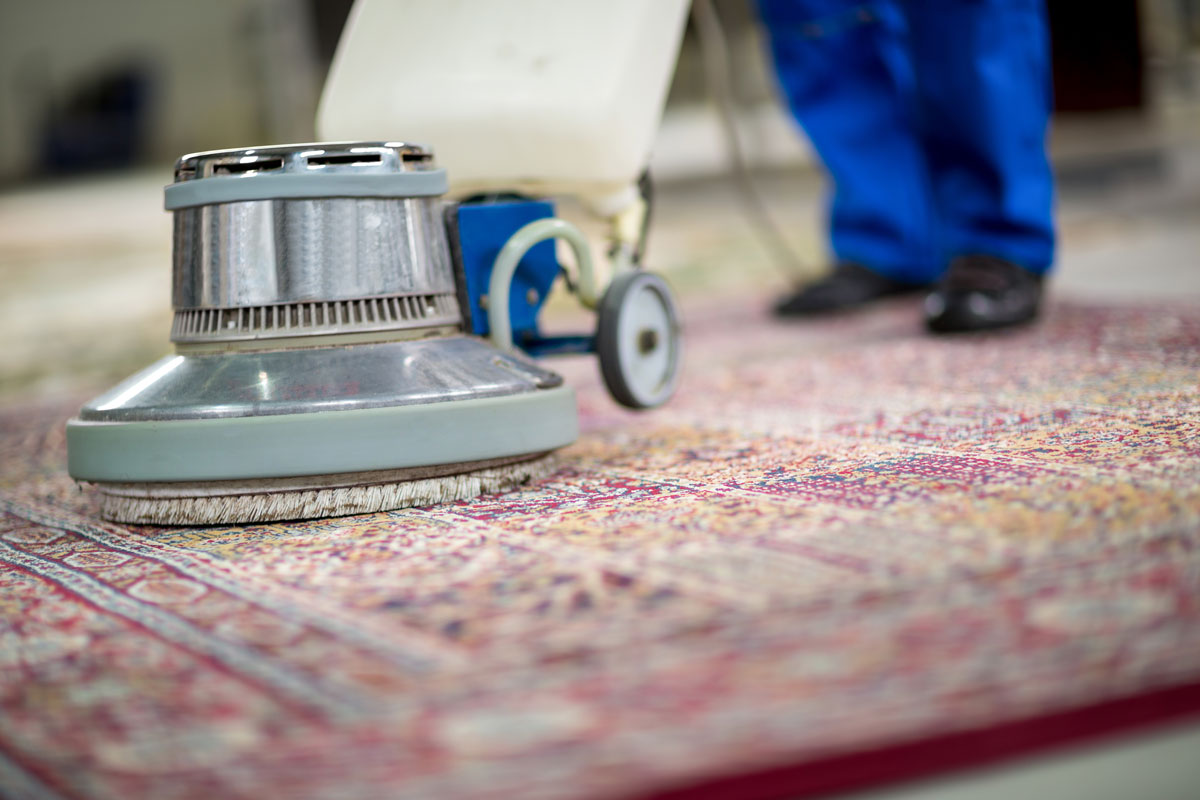The Impact of Carpet Cleaning on Indoor Air Quality
Carpets play a significant role in enhancing the comfort and aesthetic appeal of indoor spaces. However, they also act as a filter, trapping dust, allergens, pet dander, and pollutants that can negatively affect indoor air quality. Regular carpet cleaning is essential for maintaining a healthy living or working environment, as it helps remove these contaminants and improve overall air quality.
How Carpets Trap Pollutants
 Carpets are highly effective at capturing airborne pollutants, but without proper maintenance, they can become a breeding ground for dust mites, mold spores, and bacteria. Every step taken on a dirty carpet can release particles back into the air, causing respiratory issues and allergies. Household dust, pet fur, and even chemical residues from cleaning products accumulate over time, making carpets a hidden source of indoor air pollution.
Carpets are highly effective at capturing airborne pollutants, but without proper maintenance, they can become a breeding ground for dust mites, mold spores, and bacteria. Every step taken on a dirty carpet can release particles back into the air, causing respiratory issues and allergies. Household dust, pet fur, and even chemical residues from cleaning products accumulate over time, making carpets a hidden source of indoor air pollution.
The Connection Between Carpet Cleaning and Air Quality
When carpets are not cleaned regularly, they hold onto allergens and bacteria that can affect those with respiratory conditions such as asthma or allergies. Professional carpet cleaning methods, including steam cleaning and deep extraction, remove deeply embedded contaminants that regular vacuuming cannot reach. As a result, cleaner carpets contribute to fresher indoor air, reducing the risk of airborne irritants circulating within a home or office.
The Role of Moisture and Mold in Carpet Health
Excess moisture can create an ideal environment for mold growth within carpet fibers. Spills, high humidity levels, and improper drying after cleaning can lead to mold development, releasing spores into the air that compromise indoor air quality. To prevent this, proper drying techniques and professional carpet cleaning services are essential. Dry cleaning methods and high-powered extraction systems ensure that carpets are not left damp after cleaning, minimizing the risk of mold-related issues.

The Benefits of Routine Carpet Maintenance
Regular carpet maintenance, including vacuuming and professional cleaning, is key to sustaining good indoor air quality. High-efficiency particulate air (HEPA) filter vacuums effectively capture fine particles, reducing the amount of dust and allergens present in the air. Additionally, professional deep cleaning at least once a year helps eliminate pollutants that accumulate over time. Clean carpets not only contribute to healthier air but also extend the lifespan of the carpet itself, maintaining its appearance and functionality.
Choosing the Right Cleaning Products
The type of cleaning products used on carpets also influences indoor air quality. Harsh chemicals and strong fragrances can release volatile organic compounds (VOCs) into the air, causing irritation to the eyes, nose, and throat. Environmentally friendly and non-toxic cleaning solutions are a better option, as they effectively clean carpets without introducing harmful chemicals into indoor spaces. Many green cleaning products offer deep-cleaning capabilities without compromising air quality or leaving behind toxic residues.


